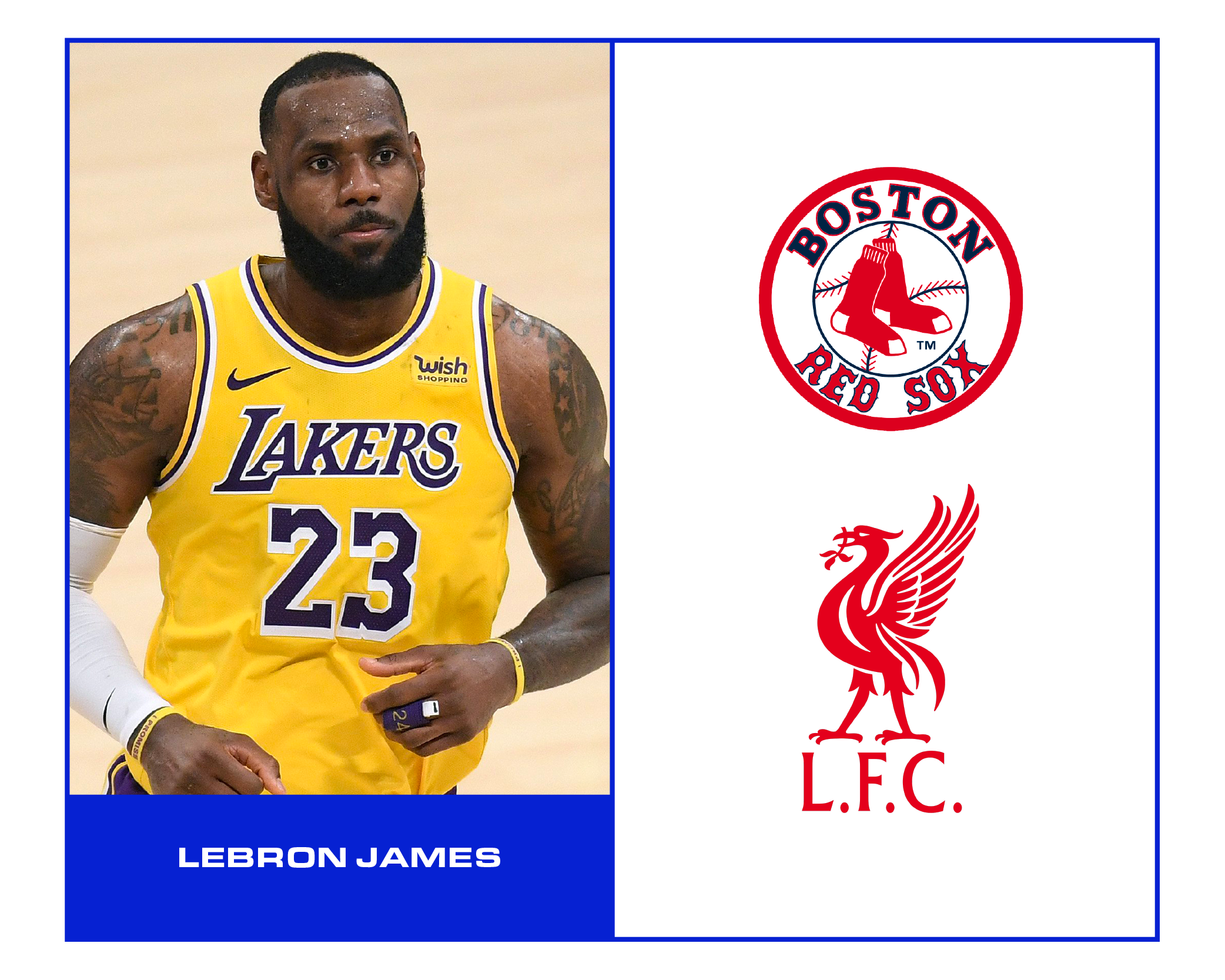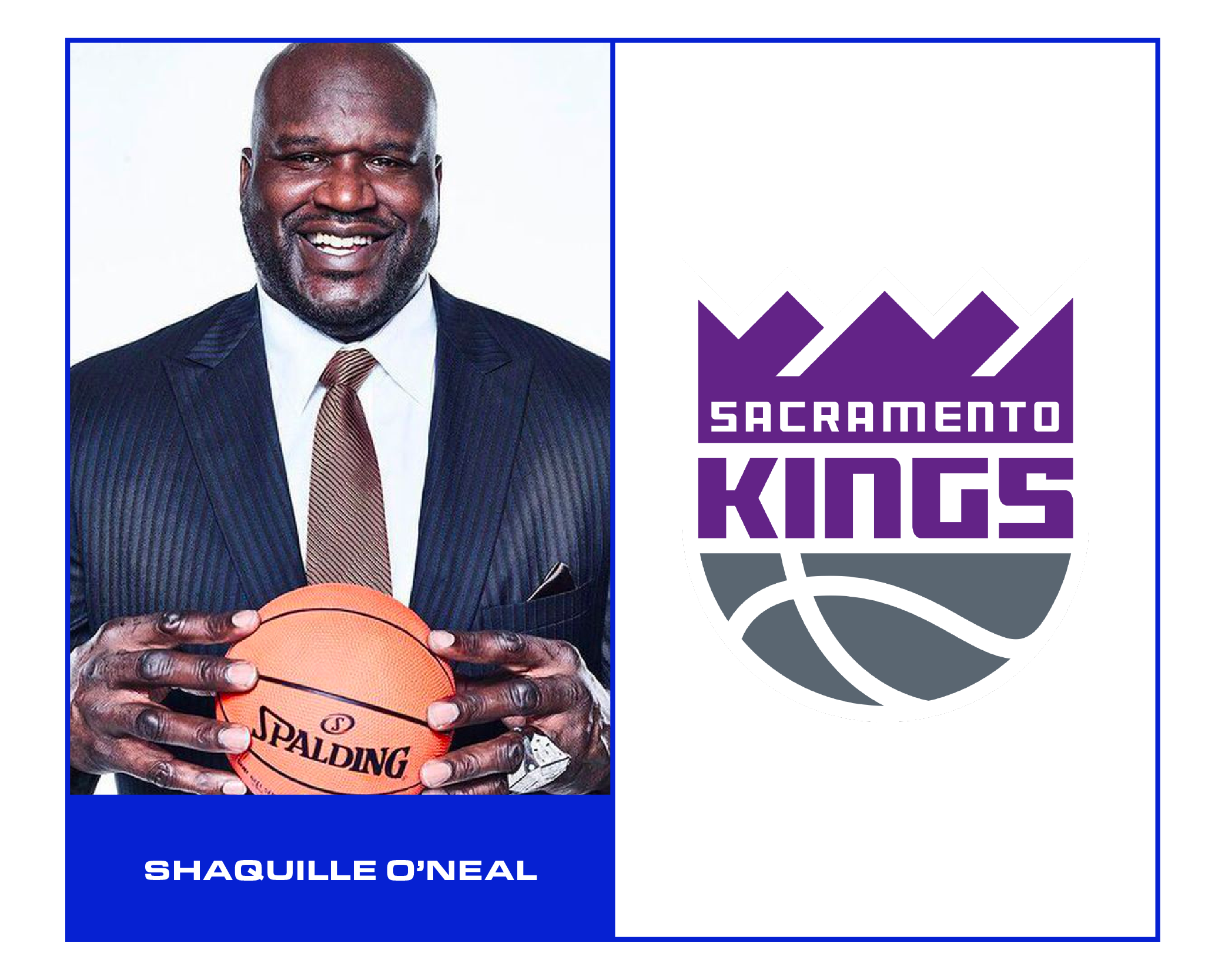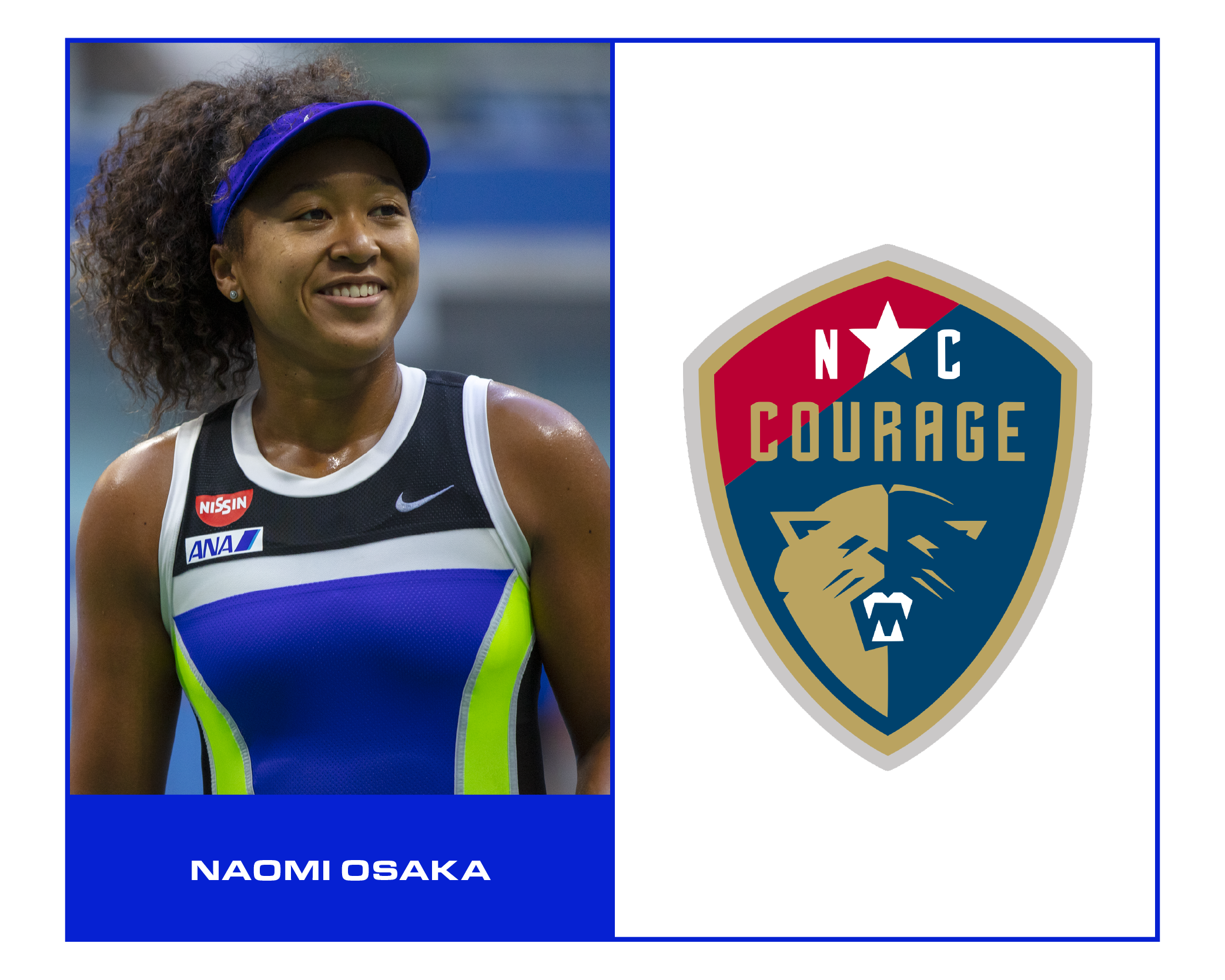WHY ATHLETES ARE TAKING OWNERSHIP IN SPORTS TEAMS
Professional athletes have long been categorized as entertainers who get paid millions of dollars to travel the world and play their sport. It’s a level of status that every athlete dreams about as a kid at some point in their life.
However the lifestyle isn’t always as glamorous as it may appear to a fan. There’s a side of sport that goes unnoticed to the general public; business. At the end of the day, professional sports are a business and they have rules in place to help protect the operation of the business. As important as the players are to actually producing wins for their teams and drawing in spectators to watch them play, their power has long been limited to inside the playing field.
Owning pro sports teams was originally something exclusively accessible to billionaires and funds of institutional investors who partnered with leagues to buy equity in their franchises. However, the narrative of there being a participation barrier between the court and the boardroom is slowly disappearing. More and more athletes are starting to shift from being players to being small stake owners in sports teams, and there are multiple reasons why we might be seeing this shift.
Team ownerships are an attractive and unique class of assets for investors. “Team ownerships, on average, generate strong returns even in down cycles. Valuations over the last few decades, across the marquee sports leagues, have outpaced the major stock indexes,” said Michael Kuhn, attorney at Hogan Lovells who has represented team sellers as well as leagues in high-stakes negotiations. Beyond capital appreciation, pro sports teams also fall into the ‘low correlation’ risk bucket. This means that the price moves of other assets are not as likely to have an effect or correspond to price moves of a sports team, either up or down, “Non-correlation is huge, ” said analyst Hentov, Head of Policy Research at State Street Global Advisors, “That makes it easier to market. Teams don’t disappear, they don’t get kicked out of the league, particularly in the U.S.”
Traditionally, funds that invest in team ownerships have a common strategy: buy stakes in franchises and sit on the investment for 10 years or more. If teams and leagues want to call upon them to add value, great. If not, the funds will mainly be passive investors simply waiting for the team value to grow over the long-term, and eventually, a liquidity event.
HOWEVER, WHEN ATHLETES INVEST IN A SPORTS TEAM THEY SEEK MORE THAN JUST A DIVIDEND PAYOUT, THEY WANT TO HAVE ACTIVE INVOLVEMENT IN HELPING THE TEAM GROW, AS WELL AS USE THE SPORTS TEAM PLATFORM TO DO GOOD AND CREATE MORE INCLUSIVE, EQUITABLE TEAMS.
Dwayne Wade is the latest NBA athlete to become a small stake investor in a sports team with his recent investment in the Utah Jazz, "... Unfortunately, people in my community don't get this opportunity, and I do not take it lightly to have this opportunity. To make real change, this is where you have to be–at the top—and Ryan knows that. I'm thankful for him, and I know too that I bring a lot to this partnership outside of just my basketball knowledge and skills."
We’re starting to see more and more athletes who are out to change this narrative and make themselves a seat at the owner’s table.. Here’s a list of some professional athletes that have acquired a stake in professional sports teams.
LeBron James
Part owner, Boston Red Sox (MLB), Liverpool FC
Patrick Mahomes
Part owner, Kansas City Royals (MLB)
Venus and Serena Williams
Limited ownership partners, Miami Dolphins (NFL)
Renee Montgomery
VP, part-owner, Atlanta Dream (WNBA)
Dwyane Wade
Small stake owner, Utah Jazz
Shaquille O’Neal
Small stake owner, Sacramento Kings
Michael Jordan
Owner, Charlotte Hornets (NBA)
Mario Lemieux
Owner of the Pittsburgh Penguins (NHL)
Naomi Osaka
Part owner, North Carolina Courage (NWSL)
Candice Parker
Part owner, Los Angeles Angel City (NWSL)
Mia Hamm
Part owner, Los Angeles Angel City (NWSL)
With ownership comes a seat in the boardroom, and with a seat in the boardroom comes the opportunity to voice change. Professional athletes have the experience of what it was like to be a player within an organization that they will carry into the boardroom to help shape the culture of the sports teams they're now a part of. If we learned anything throughout 2020, it’s that representation matters. Having professional athletes at the owner’s table will help close the gap between athletes and owners.












